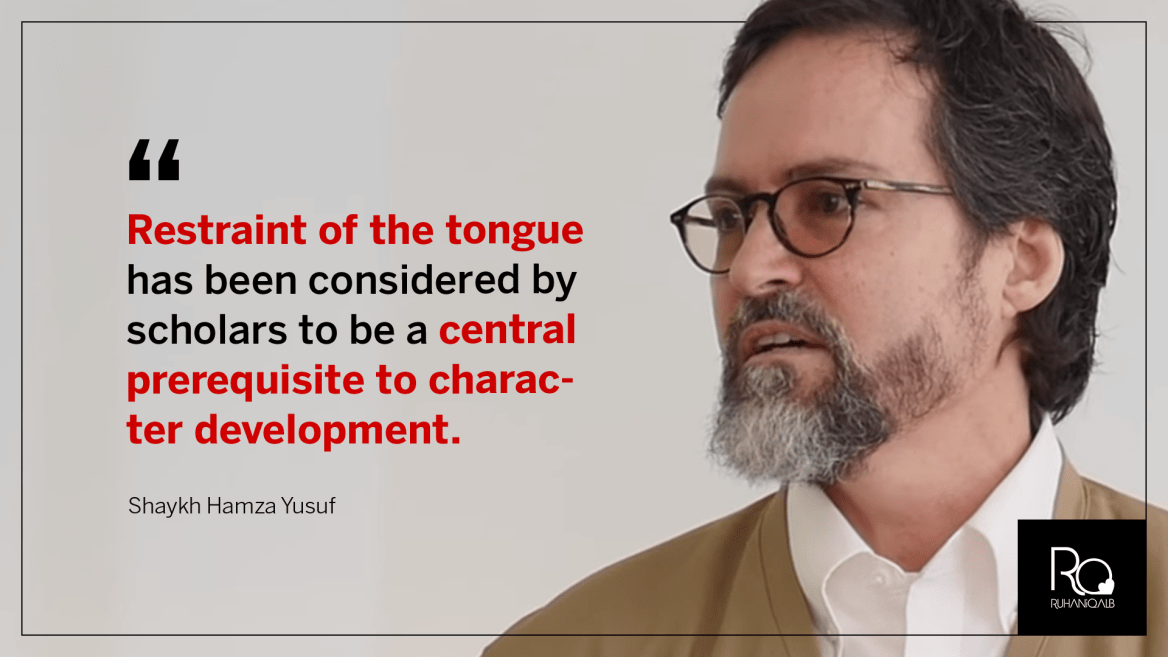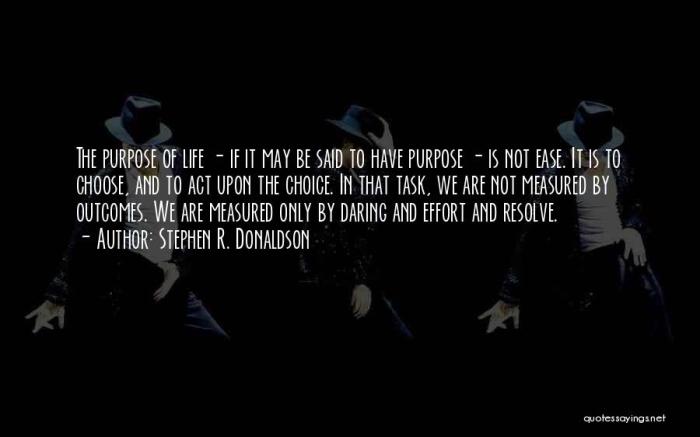Restraint of pen and tongue, a concept that has shaped historical, legal, and ethical landscapes, is a topic of enduring relevance. It grapples with the delicate balance between the right to express oneself and the need to safeguard against harmful speech, a tension that continues to challenge contemporary societies in the face of evolving technologies and social media.
Throughout history, this concept has manifested in various forms, from ancient censorship laws to modern defamation statutes. Legal doctrines and principles have been developed to address its complexities, while ethical considerations explore the moral implications of restricting expression.
Historical Context

The concept of “restraint of pen and tongue” has a long and complex history, dating back to ancient times. In many societies, there have been laws and regulations designed to control what people could say or write. These laws were often used to suppress dissent and maintain social order.
One of the earliest examples of restraint of pen and tongue is the Roman law of sedition. This law made it a crime to speak or write anything that could incite hatred or contempt for the government. The law was used to suppress political dissent and to punish those who criticized the emperor.
Restraint of pen and tongue is a virtue that can prevent unnecessary conflict. In the same vein, a well-calibrated experiment can also prevent unnecessary mishaps. Just like a cart on a ramp, if the variables are carefully controlled, the outcome can be predicted with greater accuracy.
Cart on a ramp lab answers provide a valuable resource for understanding the principles of motion and the importance of careful experimentation. Ultimately, both restraint of pen and tongue and the pursuit of scientific knowledge rely on a similar principle: careful consideration and control can lead to desirable outcomes.
In the Middle Ages, the Catholic Church played a major role in suppressing dissent. The Church controlled most of the educational institutions and used them to teach the doctrine of papal infallibility. This doctrine held that the Pope was the supreme authority on all matters of faith and morals.
Anyone who dared to question the Pope’s authority could be accused of heresy and punished accordingly.
The Protestant Reformation challenged the authority of the Catholic Church. Protestant reformers argued that the Bible was the sole source of religious authority and that individuals had the right to interpret the Bible for themselves. This led to a wave of religious persecution, as both Catholics and Protestants sought to suppress the other’s views.
In the modern era, the concept of restraint of pen and tongue has continued to evolve. In many democratic societies, there are laws that protect freedom of speech. However, these laws are often limited in scope and do not always protect people from being punished for expressing unpopular views.
Legal Aspects

The concept of “restraint of pen and tongue” has a complex legal framework that has evolved over time. Various legal doctrines and principles have been developed to address this issue, providing a balance between freedom of expression and the need to protect individuals from defamation and other forms of harmful speech.
One of the key legal doctrines in this area is the law of defamation. Defamation is a civil wrong that occurs when a person’s reputation is damaged by the publication of false and malicious statements. The law of defamation provides individuals with a legal remedy to seek compensation for the harm caused by defamatory statements.
Case Law
There have been numerous cases that have interpreted and applied the legal doctrines and principles surrounding restraint of pen and tongue. One notable case is New York Times Co. v. Sullivan, 376 U.S. 254 (1964), which established the “actual malice” standard for public figures in defamation cases.
This standard requires that a public figure must prove that the defamatory statement was made with “actual malice,” meaning that the statement was made with knowledge that it was false or with reckless disregard for its truth or falsity.
Ethical Considerations

The concept of “restraint of pen and tongue” raises significant ethical concerns. It involves the tension between the fundamental right to freedom of expression and the need to protect society from harmful speech.
This concept presents ethical dilemmas in various contexts. For example, balancing the right to criticize public figures against the potential for defamation or slander. Additionally, the need to protect national security or public order may justify certain restrictions on speech, but it must be carefully considered to avoid suppressing legitimate dissent.
Freedom of Expression vs. Harmful Speech
- Freedom of expression is a fundamental human right that allows individuals to express their thoughts, ideas, and opinions without fear of censorship or reprisal.
- However, certain types of speech, such as hate speech, incitement to violence, or defamation, can cause harm to individuals or society as a whole.
- Balancing the right to freedom of expression with the need to protect against harmful speech is a complex ethical challenge.
Ethical Dilemmas
- Defamation and Slander:Determining the boundaries between legitimate criticism and defamatory statements that can damage someone’s reputation.
- Hate Speech:Defining what constitutes hate speech and the extent to which it should be restricted to protect vulnerable groups.
- National Security:Weighing the need to protect national security against the potential for suppressing legitimate dissent.
Comparative Perspectives

Different legal systems approach the concept of “restraint of pen and tongue” in unique ways, reflecting varying cultural and societal values. This comparative analysis explores the diverse approaches to balancing freedom of expression with the protection against harmful speech.
Common Law Systems
- Emphasize individual rights, including freedom of expression.
- Protect speech unless it poses a “clear and present danger” to public safety or order.
- Use common law principles, such as libel, slander, and defamation, to address harmful speech.
Civil Law Systems
- Prioritize public order and social harmony.
- Restrict speech that is deemed offensive, insulting, or harmful to societal values.
- Use criminal and administrative laws to enforce these restrictions.
Strengths and Weaknesses, Restraint of pen and tongue
Common law systems provide strong protection for freedom of expression but may allow for more harmful speech. Civil law systems offer greater protection against harmful speech but may stifle legitimate criticism and dissent.
Contemporary Challenges

The concept of “restraint of pen and tongue” faces new challenges in the digital age. The advent of social media and the proliferation of online platforms have fundamentally altered the landscape of freedom of expression.
Impact of New Technologies and Social Media
The internet and social media have democratized access to information and facilitated global communication. However, they have also raised concerns about the potential for the spread of misinformation, hate speech, and cyberbullying. The ease with which individuals can post and share content online has made it more difficult to control the flow of information and to hold people accountable for their words.
Potential Implications for the Future
These challenges have profound implications for the future of the concept of “restraint of pen and tongue.” The tension between the need to protect freedom of expression and the desire to mitigate its potential harms will continue to be a central issue in the digital age.
As technology evolves, it is likely that new challenges will emerge, requiring ongoing dialogue and adaptation in order to preserve the delicate balance between these competing interests.
FAQ Compilation: Restraint Of Pen And Tongue
What is the historical significance of restraint of pen and tongue?
Restraint of pen and tongue has been a key concept in shaping historical societies, from ancient Greece to medieval Europe. It has influenced censorship laws, political discourse, and the development of legal frameworks to protect against harmful speech.
How does the legal framework address restraint of pen and tongue?
Legal systems have developed various doctrines and principles to address restraint of pen and tongue, such as defamation laws, hate speech laws, and freedom of expression protections. These doctrines aim to balance the right to express oneself with the need to prevent harm to individuals and society.
What are the ethical considerations surrounding restraint of pen and tongue?
Restraint of pen and tongue raises important ethical questions about the limits of free speech and the potential harm caused by harmful speech. It requires a careful consideration of individual rights, social responsibility, and the role of government in regulating expression.
